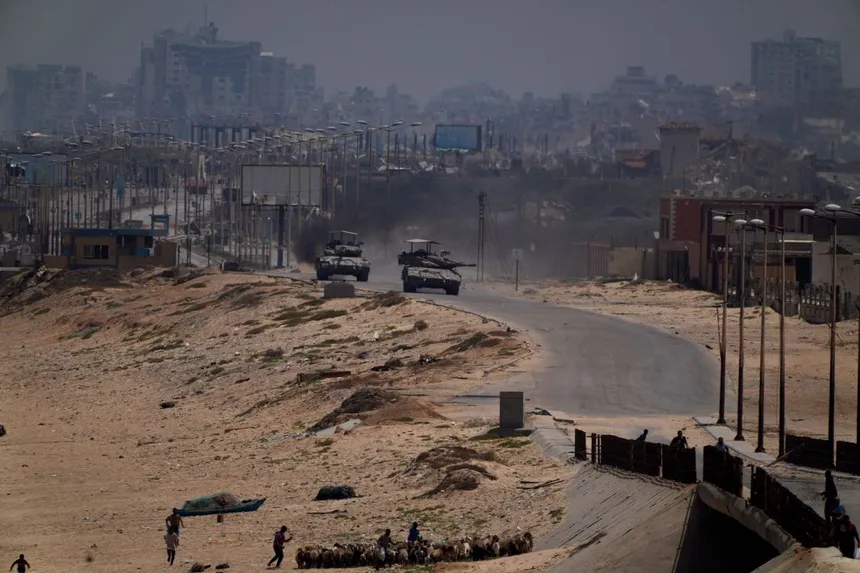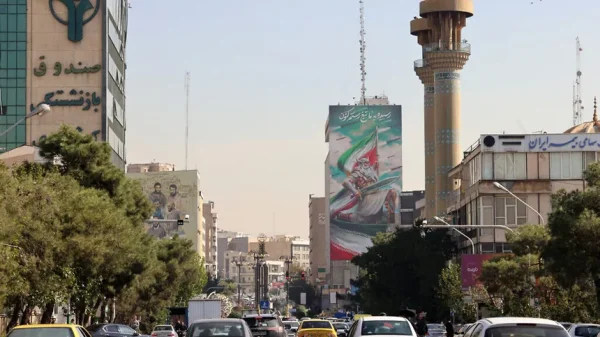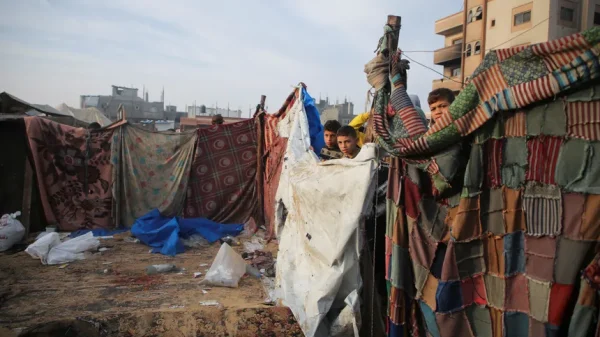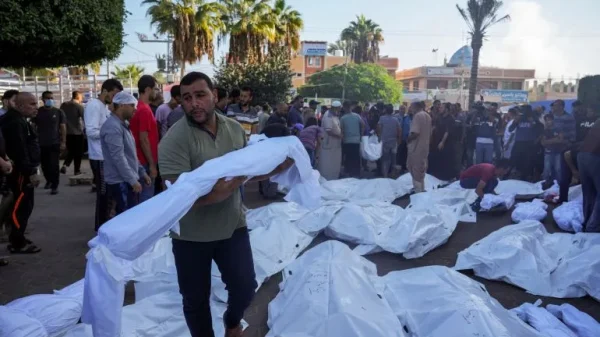The Egyptian government, the key mediator in ceasefire talks between Israel and Hamas, has expressed scepticism about the proposal meant to bridge the gaps in talks. The negotiations are expected to resume in Cairo on Thursday, amid growing fears of a wider regional war after the targeted killings of Hamas and Hezbollah leaders. The war between Israel and Hamas has entered its 10th month, causing widespread destruction and forcing the vast majority of Gaza’s 2.3 million residents to flee their homes.
The Egyptian officials have revealed that the Hamas militant group will not agree to the bridging proposal for several reasons, including the lack of guarantees from Israel and mediators that a deal would truly remove Israeli forces from Gaza and end the war. According to an Egyptian official, the proposal requires Hamas to release the most vulnerable civilian hostages captured in its October 7 attack that sparked the war, but there are no guarantees from Israel or mediators that the deal would be implemented.
Furthermore, Israel’s offer to downsize its forces in the Philadelphi corridor alongside Egypt is not acceptable to Hamas, nor is its refusal to commit to a complete withdrawal from Gaza in the deal’s second phase. According to another Egyptian official, Israel also insists on keeping its forces in the Philadelphi corridor and having full control of the Netzarim corridor.

Hamas-US-Israel Talks Stall over Ceasefire Agreement (Image via Getty)
The situation appears to be further complicated by the lack of clarity on whether Israel will withdraw its forces from Gaza and by the inclusion of searches of displaced Palestinians returning to northern Gaza. According to Hamas political official Bassem Naim, the proposal also includes unspecified changes to the exchange of hostages held in Gaza for Palestinians imprisoned in Israel and does not guarantee a ceasefire during negotiations on the transition from the deal’s first phase to the second.
The US Secretary of State Antony Blinken has acknowledged the challenges in reaching a deal, saying that the focus turns to getting Hamas on board, now that Israel has accepted the proposal. However, there is scepticism, along with fatigue, among many in Israel about Prime Minister Benjamin Netanyahu’s commitment to securing a ceasefire deal.
The war in Gaza has caused widespread destruction and forced millions of residents to flee their homes, often multiple times. Aid groups fear the outbreak of polio and other diseases. The October 7 attack by Hamas and other militants killed some 1,200 people, mostly civilians. Over 100 hostages were released during last year’s cease-fire in exchange for Palestinians imprisoned in Israel.


























